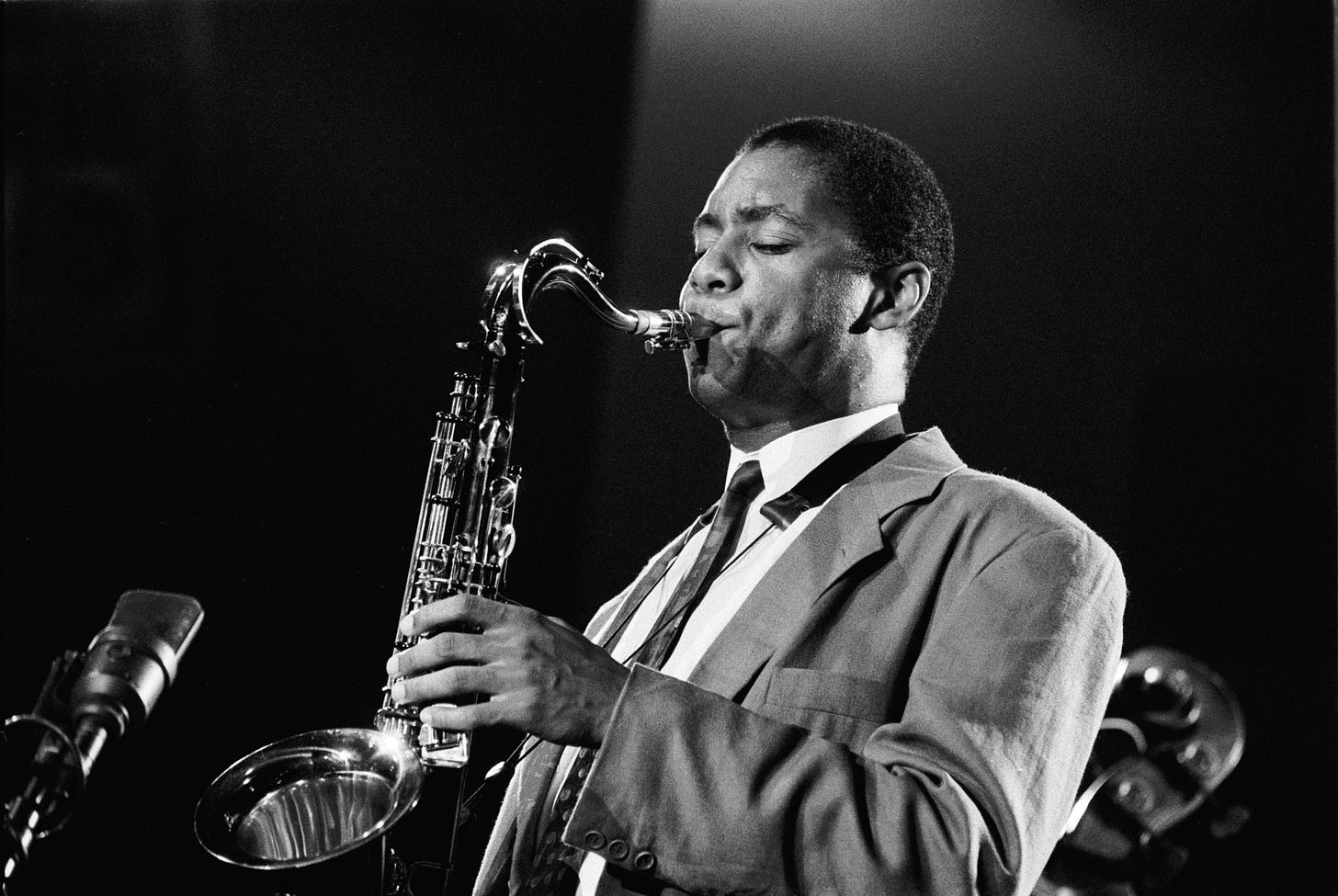Turns out basketball is jazz
Branford knows ball
Once upon a time we’d learn secrets from sports from badass journalists uncovering hard truths. Now the press pool is smaller, less plugged in, more compliant, and at arms length because of COVID-induced changes to access that have outlasted the pandemic.
It has long been tough to know what’s happening behind the scenes–that’s why TrueHoop was invented. Now it’s nearly impossible.
Except: the truth has a way of seeping through. The more perfectly the powers that be stop it up, the more force it gathers behind the dam. Stalin buttoned up the media, so George Orwell wrote Animal Farm. The message of freedom reached behind the Berlin Wall through rock songs. When Bill Clinton was too popular to criticize, Primary Colors spilled the beans with fake names.
With that in mind, I’ll tell you that the most authentic and real things I’ve learned about the NBA this summer come from jazz music.



